News
INVENT approach to societal values of culture disseminated to teachers and cultural professionals during the summer of 2021 (Croatia)
Croatian INVENT team co-leader Mirko Petrić participated in two events during the summer months of 2021, in which he presented and highlighted some of the ideas which are central to the INVENT project agenda to teachers and cultural professionals. Petrić gave a presentation entitled “What are Cultural Resources? The importance of teaching for their sustainability” at a workshop “Why is
INVENT presents at the ESA Conference 2021 in Barcelona – Sociological Knowledges for Alternative Futures
From 31 August to 3 September 2021, the INVENT team has the pleasure of attending the 15th Conference of the European Sociological Association in Barcelona, which will be held online. Our team will present, among other things, the first results of the international survey study and, the comparative analysis of Twitter content that was conducted across nine European countries earlier
Is Serbia a very religious society?
The data obtained from previous empirical research testified that religiosity in Serbia could be subsumed under Grace Davie’s phrase “belonging without believing”. Namely, the inhabitants of Serbia broadly expressed their confessional affiliation to one of the dominant religions (Orthodox Christianity, Catholicism, Islam, etc.). This was accompanied by a somewhat lower level of self-declared religiosity, which indicated that confessional affiliation was
INVENT presentation at NordMedia 2021 on the Danish cultural Twittersphere
On Thursday, August 19, the Danish team presents the paper “#kultur – Mapping conversations about culture in the Danish Twittersphere“ at the biannual Nordmedia conference, held online due to the ongoing Covid19-situation. The study is based on the Danish data from the first phase of the INVENT data scraping and investigates to what extent Danish news organizations and cultural journalists
Serbian INVENT team on ESA 2021 conference
The INVENT team from Serbia, together with Croatian and French colleagues, presents four studies at this year’s conference of the European Sociological Association. Predrag Cvetičanin and Inga Tomić-Koludrović focus on the impact of growing societal disparities on culture. Following Bourdieu, they examine how the conceptions of culture and perceptions of the social world (perceptions of the impact of social inequalities
INVENT survey fieldwork successfully completed in nine European countries
The INVENT team conducted a comprehensive survey among a representative sample of the population aged 18-80 years in all nine countries that are included in the INVENT project: Croatia, Denmark, Finland, France, the Netherlands, Serbia, Spain, Switzerland, and the United Kingdom. The survey was administered between mid-April and early July 2021 by specialized agencies in each country, that used multiple
Plural notions of culture and challenges to cultural policy-making
Even though culture as a word reflects multiple, often contradictory notions, the dominant understanding of culture within cultural policy practice and debates oftentime limits culture to professional cultural actors and excludes other notions. In order to provide insights into multiple notions of culture as perceived by citizens in Europe, in one of the questions in the survey the INVENT team
The Challenges of Qualitative Interviewing
Finnish INVENT team member Riie Heikkilä and her colleague Anu Katainen recently published an article in The Sociological Review on the often challenging “counter-talk” in qualitative interviews on cultural practices. They identified three types of counter-talk: resisting the situation, resisting the topic, and resisting the interviewer – arguing that counter-talk should be given more importance as a key element of the qualitative
Article “What is Europe?”
The article “What is Europe? The meaning of Europe in different social contexts in Switzerland” has recently been published in Swiss Political Science Review by Swiss Invent team member Jörg Röss, Georg Datler and Julia Schroedter. They analyzed the meanings that persons associate with Europe for a sample of the population of Switzerland. From this analysis six meaning dimensions emerge,
Trust in authorities during the COVID-19 lockdown in four European countries
Marc Verboord from the Dutch INVENT team published an article together with Sara Grøn Perlstein in PLOS ONE on trust in political authorities in the first COVID-19 lockdown (see full Open Access version at https://journals.plos.org/plosone/article/authors?id=10.1371/journal.pone.0253175 ). The article examines the population response to government containment strategies during initial stages of the COVID-19 pandemic in four high-trust Northern European countries–Denmark, Germany,

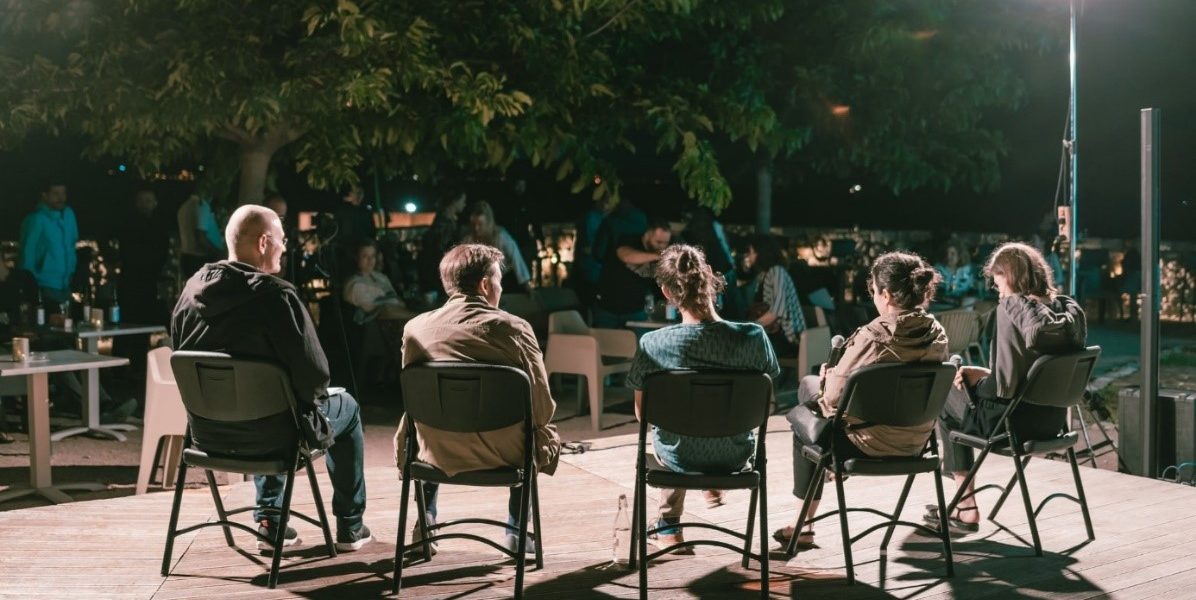
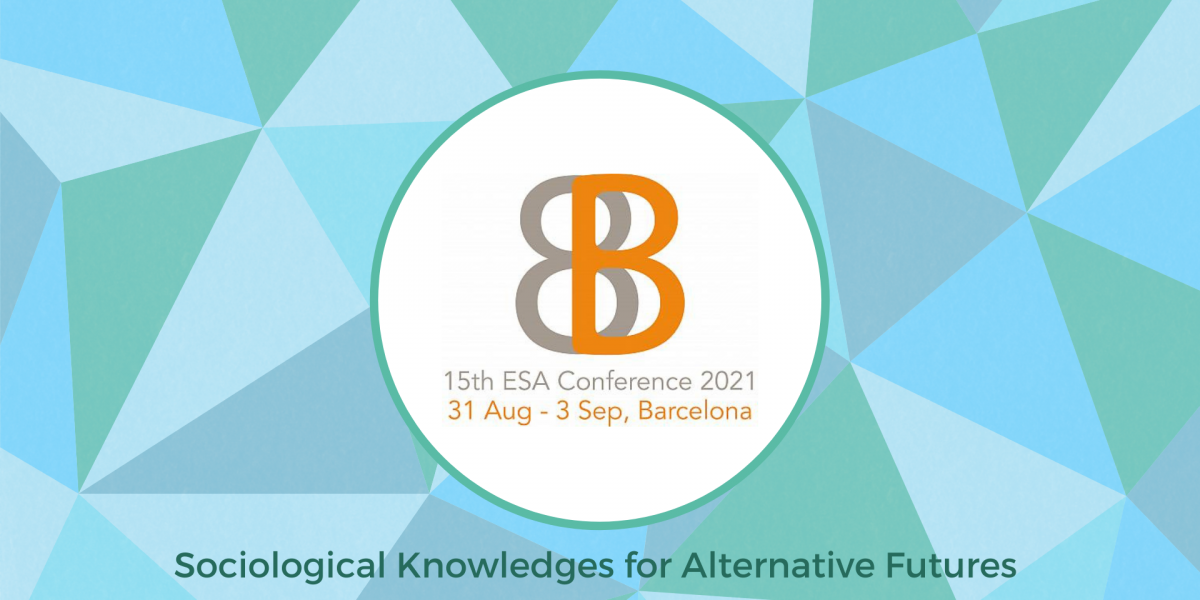
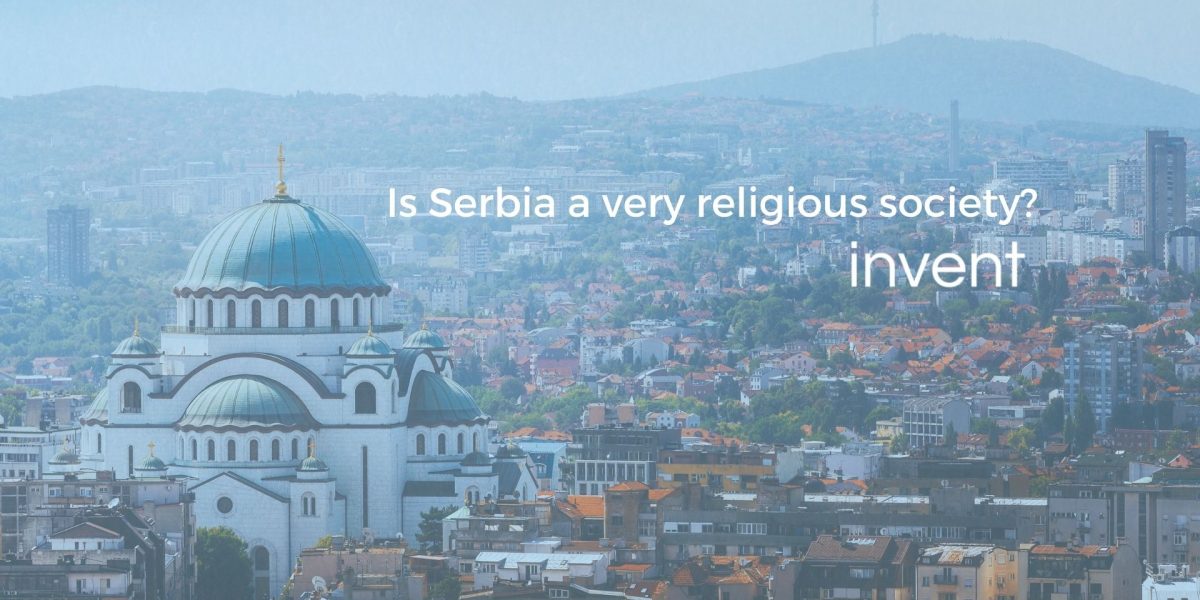

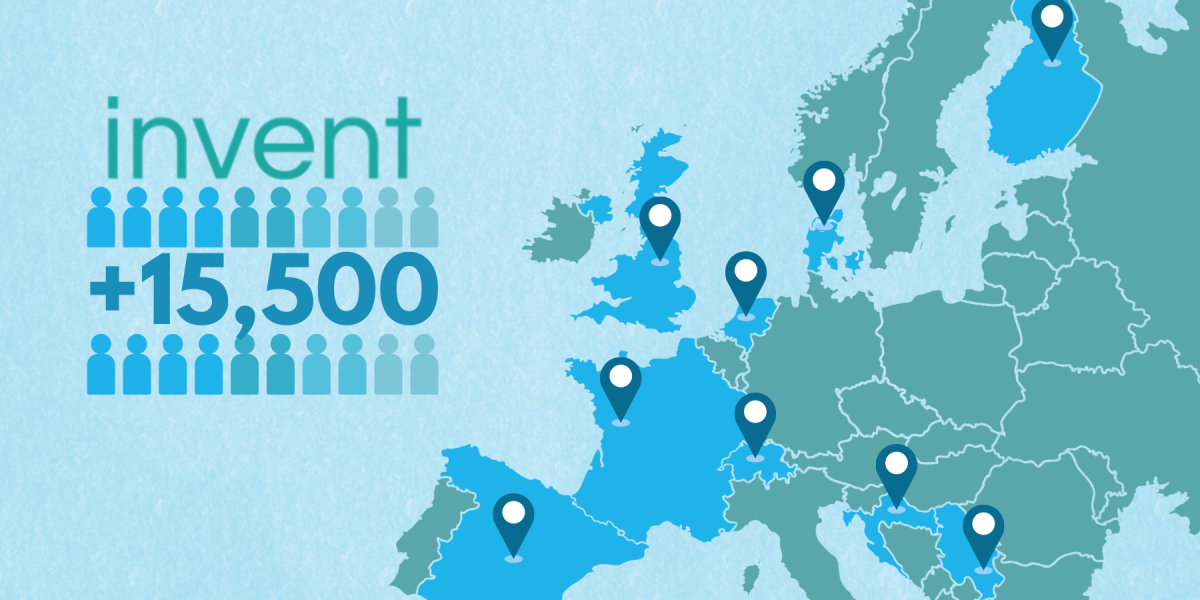
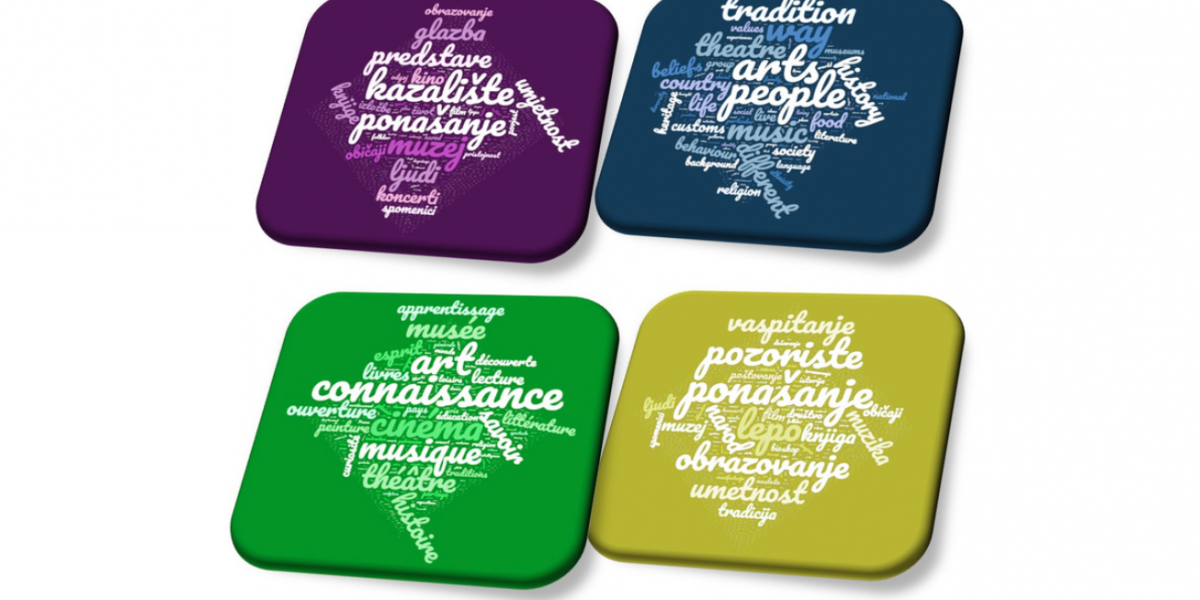
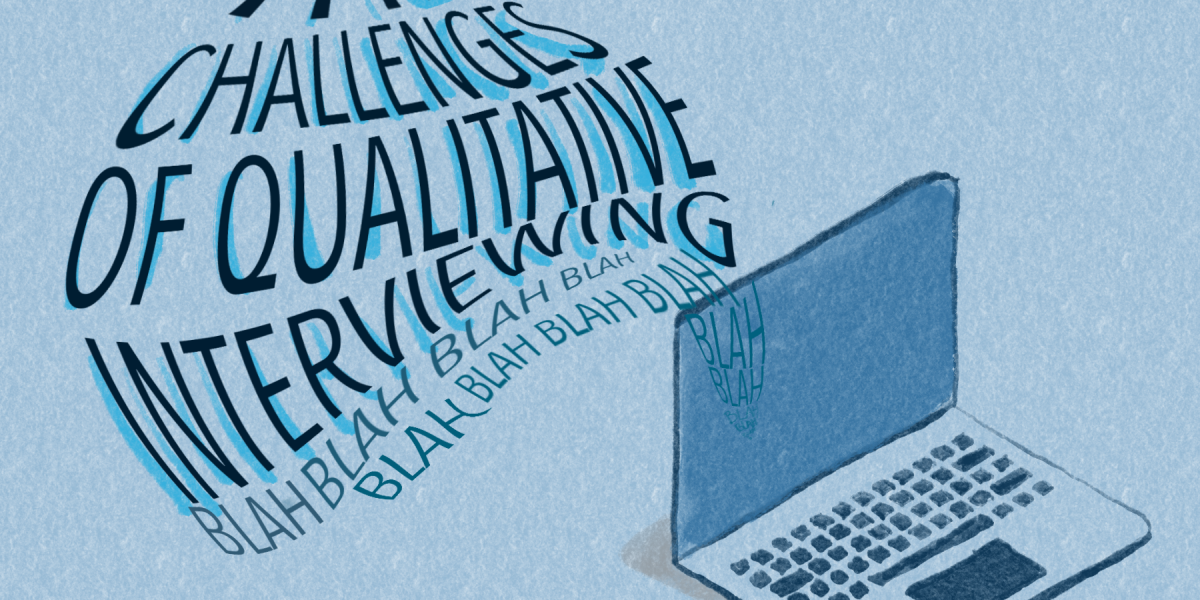

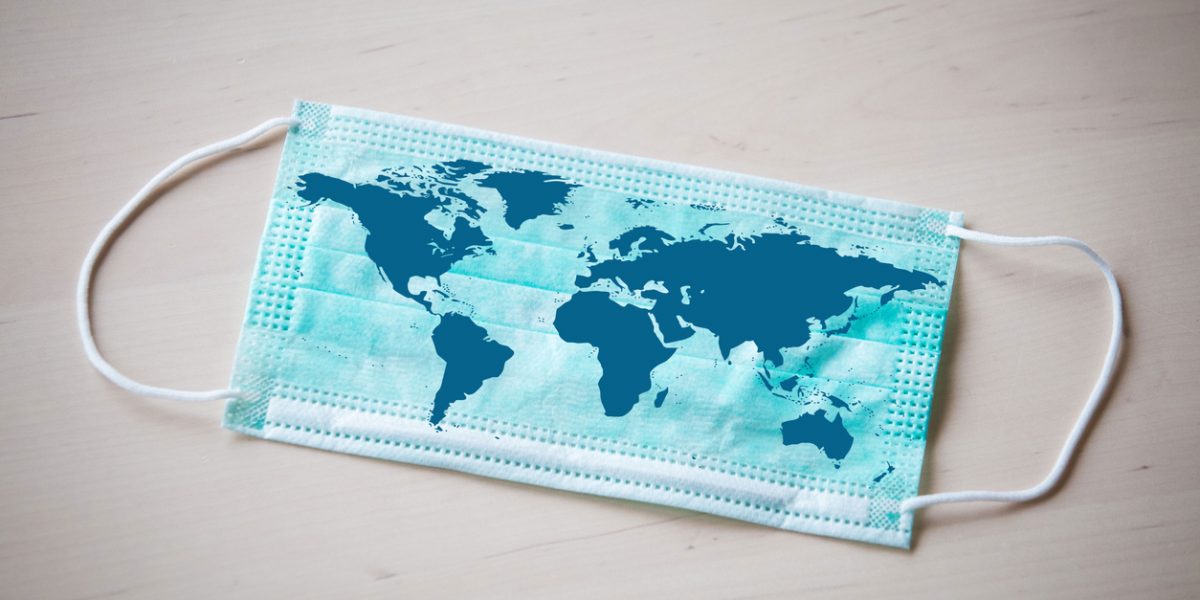

 This project has received funding from the European Union’s Horizon 2020 research and innovation programme under grant agreement No
This project has received funding from the European Union’s Horizon 2020 research and innovation programme under grant agreement No